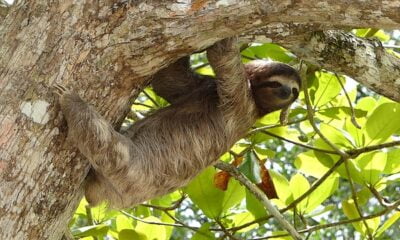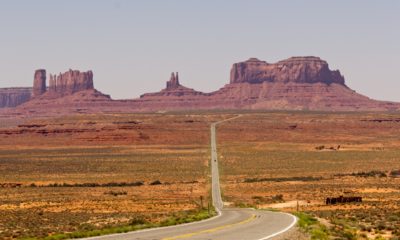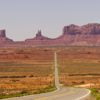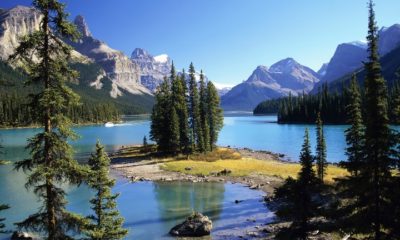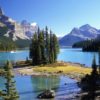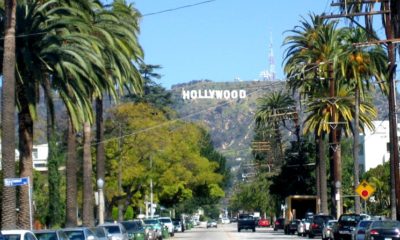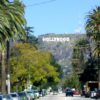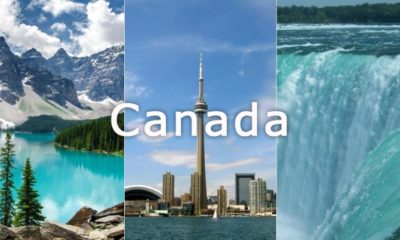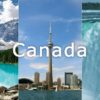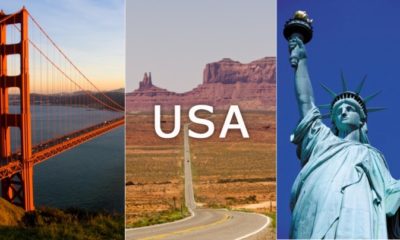North & Central America
Backpacking Guatemala Need To Know
Basics
Language:
Capital:
Currency:
|
Dial Code:
Emergency Services Number:
Time Difference:
|
Entry
Guatemala is party to the Central America Border Control Agreement (CA-4). Under the terms of this agreement, tourists of certain nationalities (including all EU nations, Americans, Canadians, New Zealanders and Australians) may travel within any of the CA-4 countries (Honduras, Nicaragua, El Salvador and Guatemala) for a period of up to 90 days, without completing entry and exit formalities at border Immigration checkpoints. The 90 day period begins at the first point of entry of any of the CA-4 countries. You can apply for an extension of up to 30 days by paying a fee before the 90 days limit expires. If you’re expelled from any of the 4 countries you are also excluded from the entire CA-4 region.
A visa is not needed for citizens of eligible countries of the CA-4.
When crossing into Guatemala by land border, there have been numerous reports of customs/immigration officials charging an “entry fee”. This is illegal. By asking for an official receipt for your money you may find that the “fee” is dropped.
Take care in the Belize/Guatemala border area because of disputes between the two countries. Only use officially recognised border crossings.
Yellow fever vaccination is required for travellers arriving from countries with risk of yellow fever transmission.
Your passport should be valid for a minimum period of 6 months from the date of entry into Guatemala.
For official information visit your home government travel bureau.
Getting Around
For security reasons you should avoid travel on public buses (repainted US School buses). Private inter-city coach services are generally safer.
For shorter trips within towns and cities the safest option is to take a radio or hotel taxis.
More detail is to come in this section, but you can read about general advice regarding Getting Around When You Get There
Accommodation
Guatemala has a wide variety of hostels and you should never have any problem finding one.
The average price of a hostel is 60-120 GTQ (£5-10) a night. Hotels can also be relatively cheap, but vary in quality.
All hostels in Guatemala will provide linen and bathroom facilities. Usually there will be internet facilities as well as common and laundry rooms.
Read more about Accommodation When You Get There and Living in Hostels
Food And Health
Food hygiene and safety is satisfactory, but isn’t up to Western standards. Use your instincts; if the place looks dirty, don’t eat there; if your food isn’t piping hot, don’t eat it.
Water is generally not safe to drink, so it is best to buy bottled or boil.
State-funded hospitals are on the whole under-staffed, under-funded, ill-equipped, and often unhygienic.
Hospitals in Guatemala are reluctant to give medical treatment unless they can be satisfied that you have medical insurance. Make sure you have adequate travel health insurance and accessible funds to cover the cost of any medical treatment abroad and repatriation.
Mosquito borne viruses are present in Guatemala, so you should take steps to avoid being bitten by mosquitoes. Always contact your GP around 8 weeks before your trip to check whether you need any vaccinations or other preventive measures. Visit here for Recommended Vaccinations and read here for more about Travelling Health In General
Weather & Time To Go
The climate is tropical, so very hot and humid throughout the year. It is best to visit in the dry season; December to May. The rainy season in Guatemala normally runs from June to November.
Communications
Internet and wifi is widespread and accessible in most hostels. Local pay-as-you-go SIM cards for your mobile phone and international calling cards are cheaply available.
Dangers And Considerations
Guatemala has one of the highest violent crime rates in Latin America, although the majority of serious crime are gang-related and do not affect tourists. You should be cautious of violence overflowing into tourist areas and avoid travelling around on your own or at night.
The main road ‘Carretera Salvador’ leading from Guatemala City to the border with El Salvador and the crossroads at Fraijanes, San Jose Pinula and Las Luces are focal points for express kidnappings; where victims are normally held while criminals empty their bank accounts with cash cards. Once the ransom is paid the victim is usually quickly released.
Foreign visitors can be targeted by scam artists. If something sounds too good to be true, then it probably is.
Protests are common, you should avoid all public gatherings and mass demonstrations, as they can sometimes turn violent. Guatemalan legislation prohibits political activities by foreigners. If you take part in demonstrations you may be detained and/or asked to leave the country.
There are severe penalties for drug use (8-15 years). Guatemalan prisons are overcrowded, violent and unclean.
In most parts of the country you can carry a photocopy of your passport for identification purposes. In San Pedro La Laguna, Sololá, local authorities may not accept a copy of your passport as identification, and may fine or detain you if you can’t produce your original passport.
Guatemala has a number of active volcanoes. Seek local advice before climbing any volcanoes and monitor local media for any updates on increased volcanic activity. When climbing volcanoes or walking in remote areas, it is safer do so in daylight hours and with a tour guide.
The water in Lake Atitlan is not safe for drinking, or for swimming in certain areas.
There is a US$30 (or Quetzal equivalent) airport departure tax, which is normally included in the price of the ticket.
Dangers constantly change. Always check with your foreign office (British Foreign Office webpage) or travel advice bureau for the latest information regarding your destinations safety.
Read more about Safety And Security here
Respecting Culture
Don’t take photographs without permission, especially of children. This is particularly important in more remote areas such as Quiche, Peten, San Marcos and Chiquimula provinces. There has been violence related to fears of child kidnapping. You may be asked to pay a small amount of money to take photographs of both children and adults.


